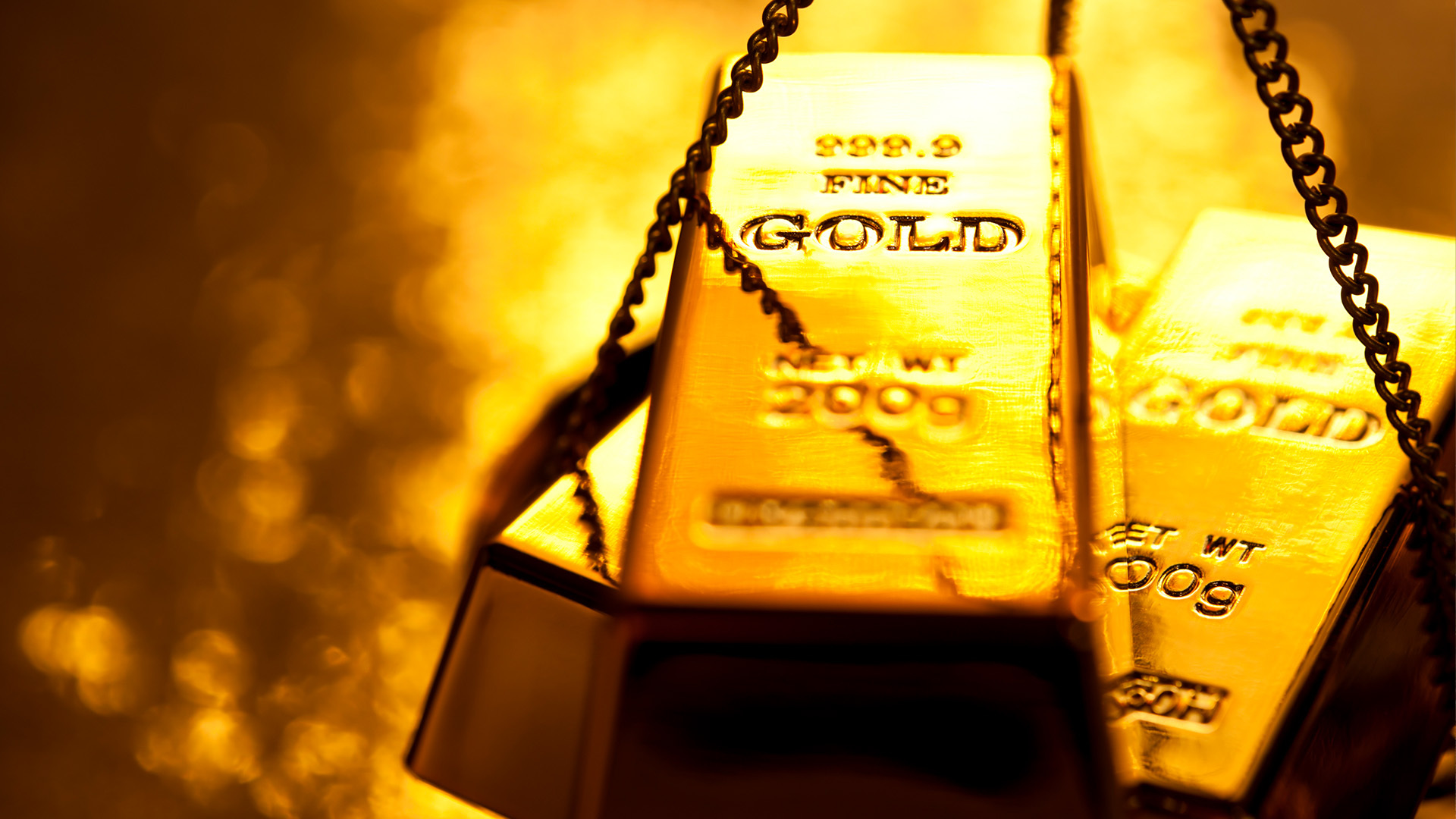
Simone Del Rosario:
Analysts are scratching their heads trying to figure out why gold is on a tear right now.
Gold hit another record high Tuesday, its eighth session in a row, ahead of Wednesday’s inflation report and the release of the Federal Reserve meeting minutes. That’s where investors get a behind-the-scenes look at what the Fed’s thinking in terms of cutting interest rates this year.
Gold is considered a safe haven asset, a hedge against inflation and a place investors turn in times of geopolitical risk. Also, when interest rates go down, gold typically goes up.
The question remains, why the records now? There’s not one definitive answer. Geopolitical tensions have been going on for months, while when the Federal Reserve will cut rates seems murkier than just a few months back.
And that’s in part because while this shiny safe haven commodity is surging, so are others.
The commodity index, which contains a basket of commodities, is outpacing the market this year.
That’s driven by surges in copper, up more than 11%; gold, up around 14%; and oil at the top, up 18%.
Let’s start with copper. Strong copper prices indicate a healthy economy. That’s because it’s widely used in construction and electronics. Higher demand for copper means more growth. But that also means as prices rise, that growth becomes more expensive.
A number of things around the world can impact oil prices, like Ukrainian attacks on Russian energy facilities, along with the seasonal summer surge. And sunnier global economic outlooks are only fueling demand for oil. But we know rising oil prices is one of the places we feel inflation the most and in the most immediate way.
The Federal Reserve is still forecasting three rate cuts in 2024, but as the economy, and commodities, continue to surge, inflation looks stickier and investors are starting to question if interest rates will stay higher for longer than originally expected.







